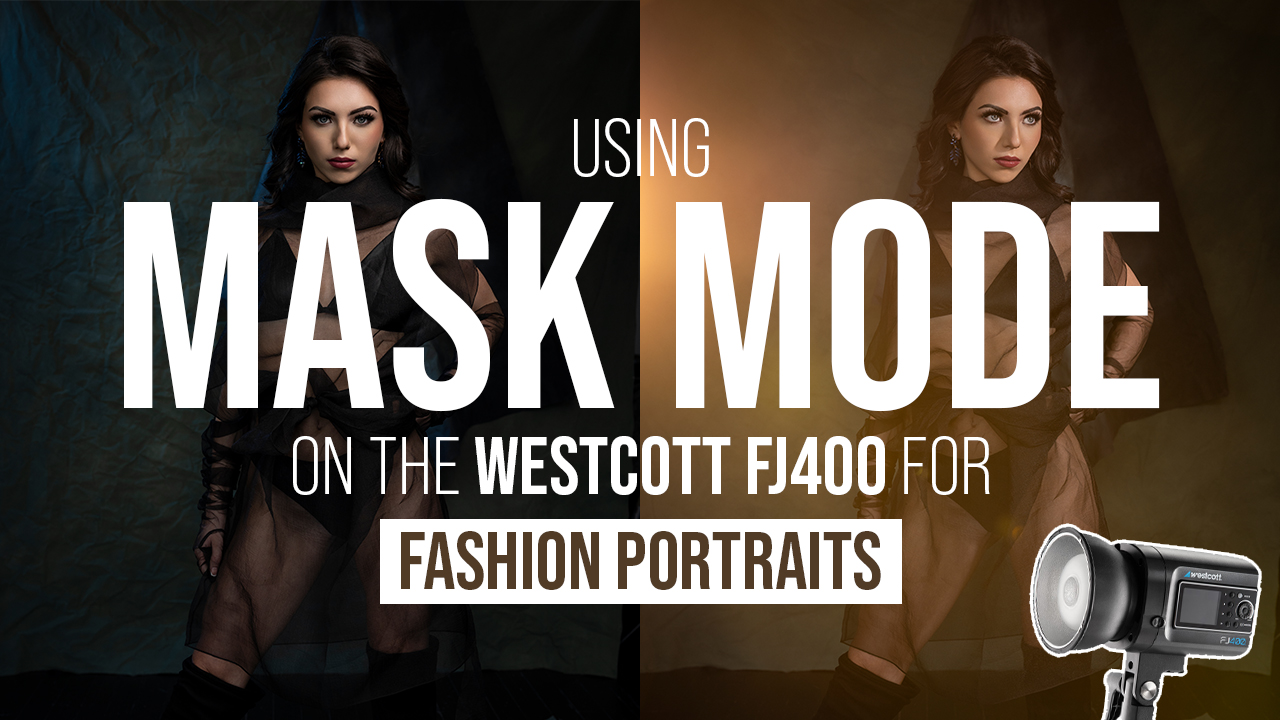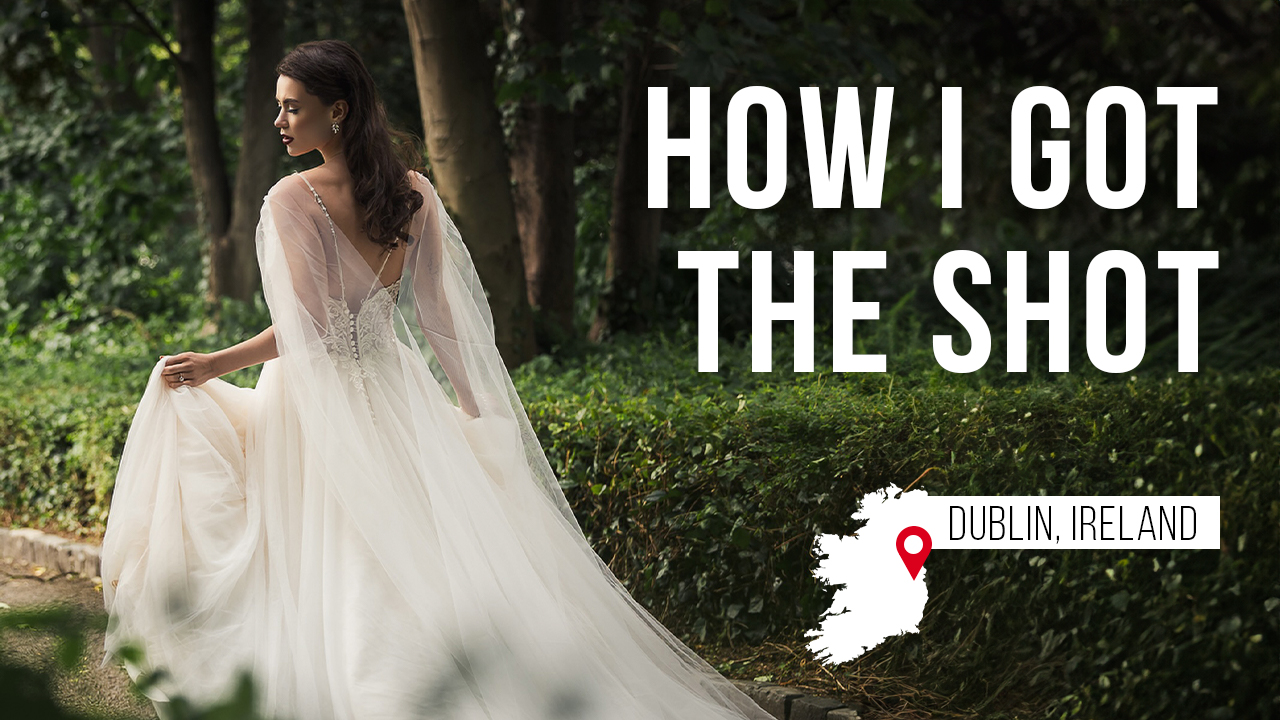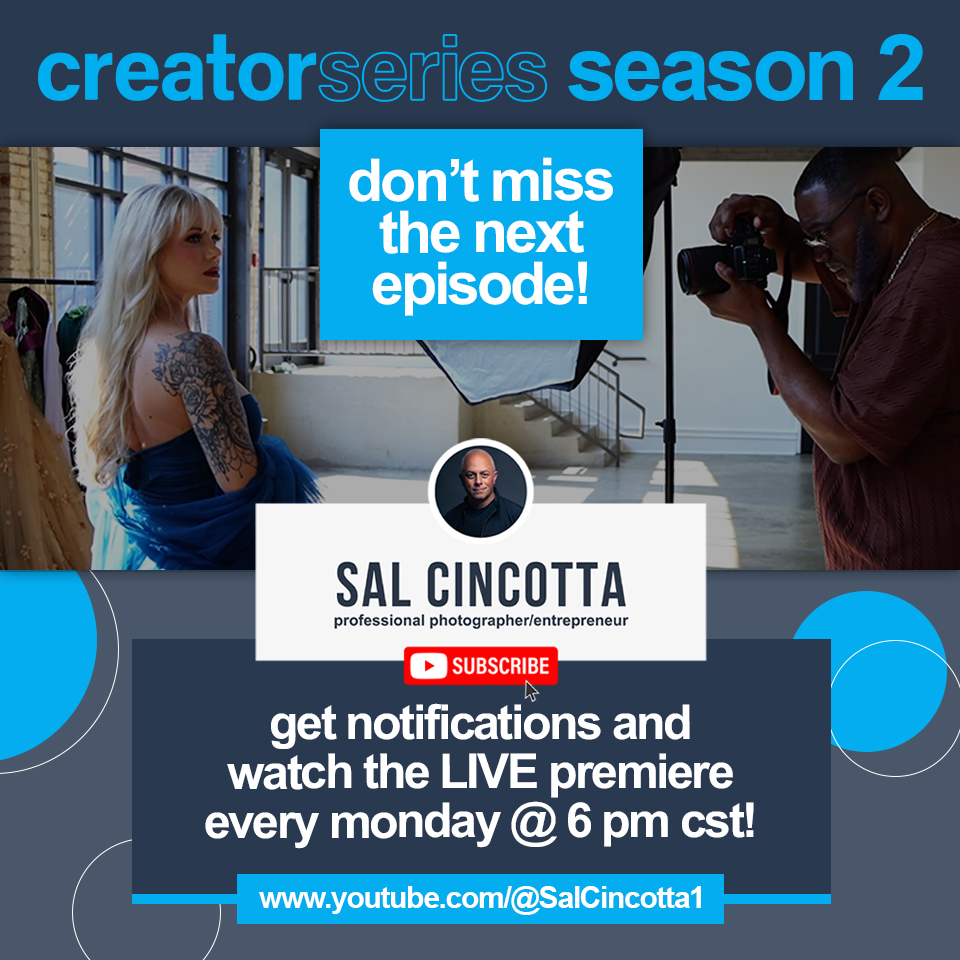So You Want to Write Your Own Book with Skip Cohen
Sooner or later, many of you will start dreaming of publishing your own book someday. Your images look terrific and your skill set keeps growing. Your friends and family love your photographs, and somewhere along the line, you’re going to decide being an author is the next accolade you want on your journey.
This month, I’m writing about writing your own book, and next month I’ll write about being a public speaker. They’re both outstanding goals, but they also have the same potential to disrupt your focus on building your business. They’re an ego and energy drain—and if not done right, they have the potential to undermine just about everything you’ve worked so hard to build.
Be cautious in your approach and make sure you’re ready for either or both. Halfway through accomplishing either one, you’re going to step under the “be careful what you wish for” umbrella. For most of us, being an author or a speaker is about fame, not fortune.
This month, let’s start with that book that’s been burning a hole through your soul for so long. Thanks to ePublishing, it’s easier than ever to publish your own work, but there’s one factor that’s stood the test of time since Shakespeare: Will people want to read it?
There’s a series of questions you’ve got to be able to answer the right way before you start to chase a goal like this.
What’s your topic? This is more than just figuring out what you want to write about. It’s understanding what people want to read. It starts with understanding what’s missing in an industry filled with self-proclaimed experts. Then you need to understand how to expand your reach so your target audience is aware of your work.
Are you an expert on the topic? It seems so basic, but just being a good photographer isn’t enough for a great book. You’ve got to be considered one of the best in your specialty. You’ve got to have images people want to see and a reputation for being able to teach and share. People have to be excited to want to invest both their money and time in reading what you publish.
Can you write? Most of the best-selling books in our industry have been written by the artists themselves, with no ghost writer. You can hire a writer and start dictating, but there needs to be collaboration.
I cowrote all six of my books with other photographers. While most of the written words were mine, the concepts around technique and creativity belonged to my coauthors. I spent countless hours watching Don Blair, Bambi Cantrell and Joe Buissink teach workshops, and then put it all down on paper.
Going Pro was different because my coauthor, Scott Bourne, is a wonderfully talented writer as well as photographer. We both chose topics we wanted in the book, and then wrote our own sections where we each felt a level of expertise.
“The difference between the almost right word and the right word is the difference between the lightning bug and the lightning.”
–Mark Twain
Do you have the time? A deadline is critical, whether for your own eBook or when you’re working for a publisher. In fact, deadlines are usually tied directly to some event that’s critical to the launch of a new book. That means during the process of becoming an author, you’re going to have to step away from your business and just write, without interruption from clients, friends, kids or your significant other. You need time to lock yourself up and focus on one thing: your book.
Self-publish or work with a publisher? Having done both, it’s a topic that deserves its own article, but for now, it’s just something to think about. There are some terrific publishers in photography. The advantage is being able to get fast global distribution. They have reach and access to markets most of you don’t. On the other hand, you give up profit.
It might be your book, but you can’t do it by yourself. I heard Guy Kawasaki speak just after he published APE: Author, Publisher, Entrepreneur—How to Publish a Book with his coauthor Shawn Welch. He shared two brilliant pieces of advice right upfront: Have a professional artist design your cover and get a good editor. A good cover is obvious, but not everyone understands the need for a great editor.
A great editor goes far beyond fixing grammar, spelling and punctuation. You need somebody to question what you’ve written. You need an editor who examines everything you’re suggesting to your readers and makes sure it’s understandable. A great editor does all of that, and helps you enhance what you’ve written, makes your book more enjoyable to read.
Can you bring some partners into the content? Back in the 1990s, Irving Penn created one of the most beautiful books ever published. It was called Passage, and it was stunning. It won several awards for production value.
Sadly, it was introduced at a time when the market just wasn’t buying tabletop books. I got a call at Hasselblad one day from the publisher. They were “remaindering” approximately 10,000 books at an absurd price, around $10 a book. They just hadn’t sold. Because Penn shot most of his work with Hasselblad, I bought a thousand books, and for years we gave them out as gifts.
Irving Penn was one of the finest photographers in the world. He passed away in 2009. The quality and production values of the book mirrored his incredible eye as a photographer and an artist, but here’s what he missed. It would have been a stronger book with just a few pages in the back of the book containing information about the gear used in each image. If he had shared a little more technical information, the book would have held a place under the educational umbrella.
If you’re serious about doing your own book someday, think through some of the partners who might want to be involved in promoting your work because of the way it shows their products in action. You know how to focus your camera—so focus your efforts on building relationships with the vendors whose products and services you use. Then, as your work on the book progresses, keep them in the loop.
One of the books I coauthored with Bambi Cantrell was purchased by Canon one year, one copy for each member of its sales force. Don Blair’s book, Body Parts, is still used to teach tips on classic portraiture. For a long time, it was recommended reading for PPA Certification.
What if you’re not ready yet? Here’s where special projects and your blog come into play. Use your blog to create interest in your work, while at the same time fine-tuning your writing skills.
Every photographer should have a special project. Pick the subject matter and stay focused on your artistic passion. Maybe it’ll become a book or a gallery exhibit, but the point is, for now, you’re building a collection of images, with only one goal: pushing your creativity to the max and smiling with every click of the shutter.
“Who wants to become a writer? And why? Because it’s the answer to everything.… It’s the streaming reason for living. To note, to pin down, to build up, to create, to be astonished at nothing, to cherish the oddities, to let nothing go down the drain, to make something, to make a great flower out of life, even if it’s a cactus.”
–Enid Bagnold




